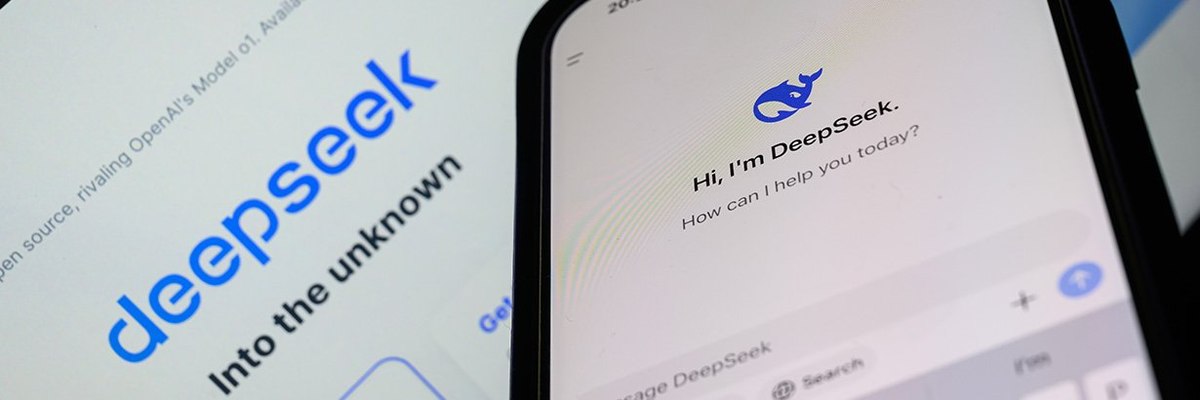Britons see chatbots like ChatGPT and DeepSeek as good at sums, style and general knowledge, but think they would be bad at tackling emotional issues
As AI chatbots become increasingly embedded in daily life, their uptake has branched into areas people might not have expected. This year has seen reports of young people in Britain and China turning to AI language models like ChatGPT and DeepSeek for mental health therapy.
Yet on a list of functions that Britons think AI would be good at, mental health advice comes close to the bottom, a new YouGov survey finds, with just 12% of the public thinking AI chatbots would make for a good therapist.
The public are similarly (un)likely to think that AI can provide good relationship (12%), sex (15%) or parenting (16%) advice. Nor do Britons trust it to replace professional advice on medical issues (17%) or legal affairs (21%).
At the very bottom of the list, however, is the idea that AI chatbots could serve as a virtual romantic partner, which just 5% of Britons think they would be good at. While the 57% of Britons who said that chatbots would make for bad romantic partners probably had disadvantages such as the lack of a physical form or emotional capacity to feel love in mind when they answered, chatbots have proven to be bad partners in other ways previously, such as encouraging a man to kill the Queen.
When it comes to what the most Britons tend to think AI chatbots are good for, the top answers are “doing simple sums” (66%), “answering general knowledge enquiries” (65%), and “checking a piece of writing for good spelling, grammar, and style” (63%).
Most Britons also expect that AI chatbots would be good at providing cooking recipes and tips (56%) and doing complicated mathematics (55%) – both tasks the tools have often been found to be bad at. Tests by journalists have consistently highlighted problems with recipes concocted by AI chatbots, perhaps most infamously by recommending that home chefs glue cheese to their pizza.
Meanwhile chatbots are not good at mathematical problems because that is not what they are designed to do – chatbots are more properly known as “language models”, and are designed to be able to communicate effectively, but this is a very different function to performing calculations.
Those who use chatbots more frequently are more likely to consider them good at various tasks
Our study finds that one in six Britons (18%) say they use AI chatbots on at least a weekly basis, including 4% who say they do so daily. Among the youngest adults – those aged 18-24 – this weekly figure rises to 53%, including 11% who use chatbots on a daily basis.
By contrast, 53% of Britons say they have never used an AI chatbot, including 79% of the over-65s.
While many critics of AI might hope that familiarity with the tools – with their frequent hallucinations and often outdated knowledge bases – would breed contempt, the opposite appears to be the case. Those Britons who use AI chatbots more frequently are the most likely to think they are good at pretty much all of the tasks listed.
Nevertheless, there are still some features that the most frequent users tend to think AI chatbots would be bad at, although there is only one at which a majority think chatbots are unsuitable: being romantic partner (59%).
What do you think about AI chatbots, the impact of artificial intelligence on society more broadly, and everything else? Have your say, join the YouGov panel, and get paid to share your thoughts. Sign up here.
Photo: Getty








